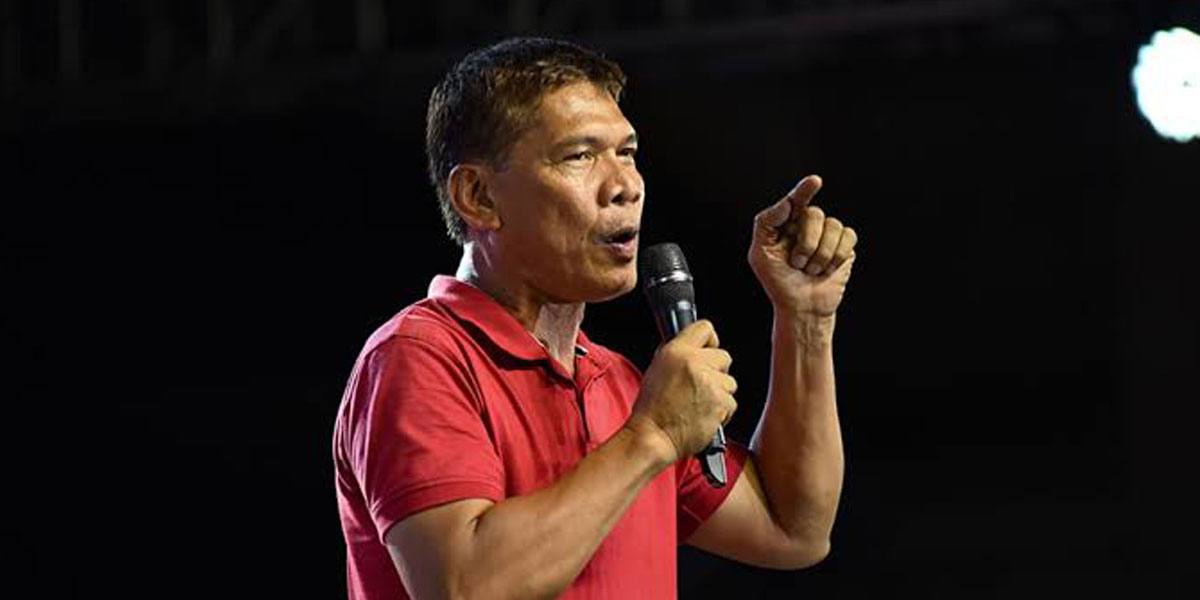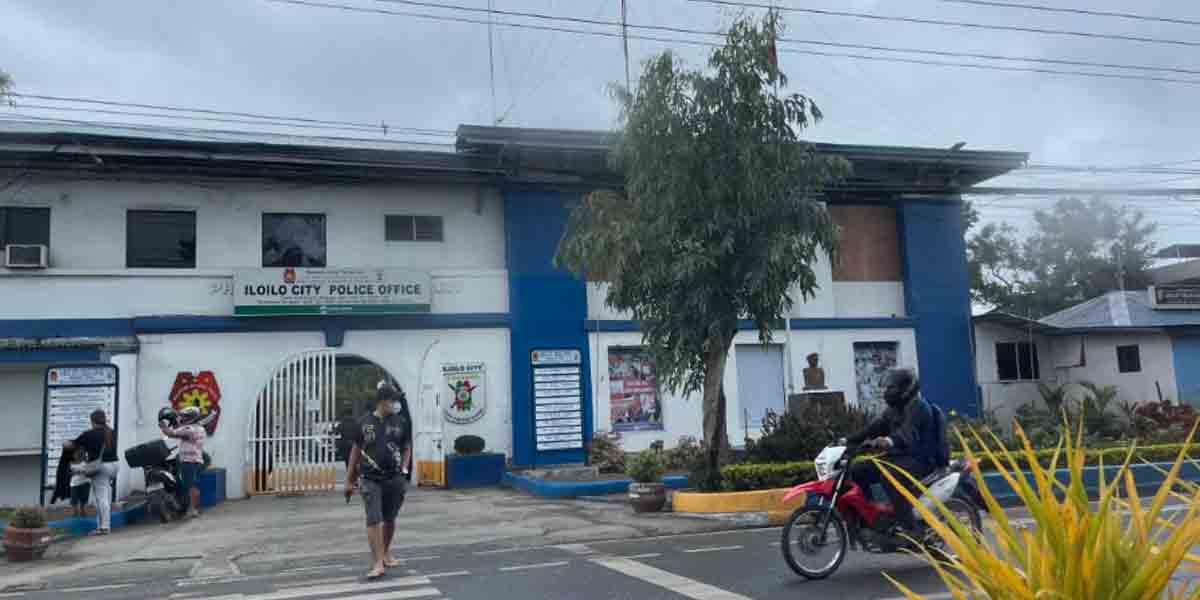
Ka Leody De Guzman, presidential candidate of Partido Lakas ng Masa (PLM), bared his plan for a P125 billion stimulus to small and micro enterprises to facilitate their recovery from the pandemic-induced economic recession.
On top of the P125 billion stimulus for 2022, Ka Leody’s wealth tax-funded recovery plan includes a public jobs generation program that will also provide a fixed wage subsidy for 1 million workers employed in distressed MSMEs (medium, small and micro enterprises).
Ka Leody said, “Kulang at hindi maayos ang distribusyon ng suporta ng gobyerno sa maliliit na negosyo sa kasagsagan ng resesyon. Ang pumasan sa ganitong kapabayaan ng administrasyon sa sektor ng MSME ay ang milyon-milyong manggagawang nawalan ng trabaho o nabawasan ng sahod at benepisyo”.
[Government support for small business was lacking and not distributed efficiently at the height of the recession. Millions of workers, who lost their jobs or received lower wages and benefits, bore the brunt of the administration’s negligence to the MSME sector.]
According to the DTI, 63% of the labor force is employed in MSMEs.
“Kailangan natin proteksyunan ang mga MSMEs, laluna ang mga small and micro, dahil umaasa sa kanila ang napakaraming mga manggagawa. Hindi sila tulad ng mga malalaking monopolyo, na bukod sa may mas malaking puhunan ay may mabilisang akses din sa kredito mula sa bangko’t pinansyal na institusyon. Kaya hindi nakaranas ng kasingtulad na banta sa buhay at hanapbuhay ng naka-empleyo sa malalaking negosyo. Dapat tulungan ng gobyerno ang mga maliliit na negosyo na umahon mula sa resesyon nang hindi nagtatanggal ng mga manggagawa o nagbabawas sa sahod o benepisyo. Ang kanilang pagsigla ay susi sa pagbangon ng ating lokal na ekonomiya,” Ka Leody added.
[We need to protect MSMEs because millions of workers are relying on them. They are not like big monopolies that have a larger capitalization and have a faster credit access to banks and financial institutions. Hence, the lives of livelihood of those employed in big businesses were not as threatened. Government should help small enterprises to recover from the recession without resorting to lay-offs or to diminution of wages and benefits. A vibrant MSME sector is key to the the recovery of our local economy].
The P125 billion is estimated from DTI data showing that 25.9% of firms ceased operation and 52% were in partial operation in 2020, which translates to a total P694 billion in MSME losses (with the bulk of the losses from small and micro enterprises). Accounting for recent growth after the easing of quarantine restrictions, Ka Leody’s policy team estimates that 4.67% of firms are still closed. This means that around P125 billion of MSME capitalization is yet to be recovered.
Ka Leody also allayed the worries of MSMEs to his “Labor First Policy”, which includes instituting a P750 national minimum wage and the abolition of all forms of contractualization.
The veteran labor leader stated, “Ang ating isinusulong ay ‘Labor First’, hindi ‘Labor Only’. Ang kasunod na makikinabang sa substansyal na pagtaas ng sahod at sa regularisasyon ng mga manggagawa ay ang sektor ng MSME dahil bibigyan nito ng kakakayahan ang mga Pilipino na bumili sa mga lokal at maliliit na negosyo. Tataas ang demand sa kanilang produkto at serbisyo. Para hindi itulak ng mas mataas na demand ang pagtataas sa mga presyo, kailangang tugunan ang iba pang komon na problema ng maliliit na negosyo gaya ng singil sa kuryente at presyo ng langis – sa pamamagitan ng interbensyon, regulasyon, at kontrol na gobyerno sa mga ito”.
[What we are fighting for is ‘labor first’ not ‘labor only’. The next-in-line beneficiary of substantial wage hikes and regularization will be the MSME sector because Filipino will have more more purchasing power to buy from local businesses. The demand for their goods and services will correspondingly increase. To counter the tendency to increase prices with higher demand, the other pressing concerns of small business have to be addressed through government intervention, regulation, and control to power rates and fuel prices.]
Ka Leody also set out his plan to institute a People’s Social Welfare Fund (PSWF) to finance local industrialization through aggressively investing in MSME’s where importation is highest. He plans to initially finance this with $50 billion from the Central Bank’s Gross International Reserves (GIR) that has already reached $107.9 billion as of October 2021, thanks to decades worth of OFW remittance inflow.
“Tingnan natin ang Gross International Reserves ng bansa bilang pera ng manggagawa. Galing ‘yan sa pawis at dugo ng ating mga OFWs. Gamitin ang pondo para likhain ang mga oportunidad sa disenteng pamumuhay at trabaho sa Pilipinas, na siyang dahilan kung bakit lumilikas ang ating mga kababayan. Puhunanan natin ang mga ‘working class enterprises’ imbes na ginagamit ang ating reserbang dolyar para proteksyunan lamang ang palitan ng piso at ang interes ng mga malalaking mga importer”, the veteran labor leader explained.
[Let us view the country’s Gross International Reserves as a fund for our workers, after all, it was pooled from the collective sweat and blood of OFWs. Utilize the fund to create opportunities for decent lives and decent jobs, which forces our fellow Filipinos to seek for them abroad. Let us invest in ‘working class enterprises’, rather than use our dollar reserves to protect the foreign exchange rates and the interests of big importers]
Ka Leody is set to release the details of the rest of his recovery plan, particularly the aggressive public jobs generation program and health stimulus, in the coming days. ###




















